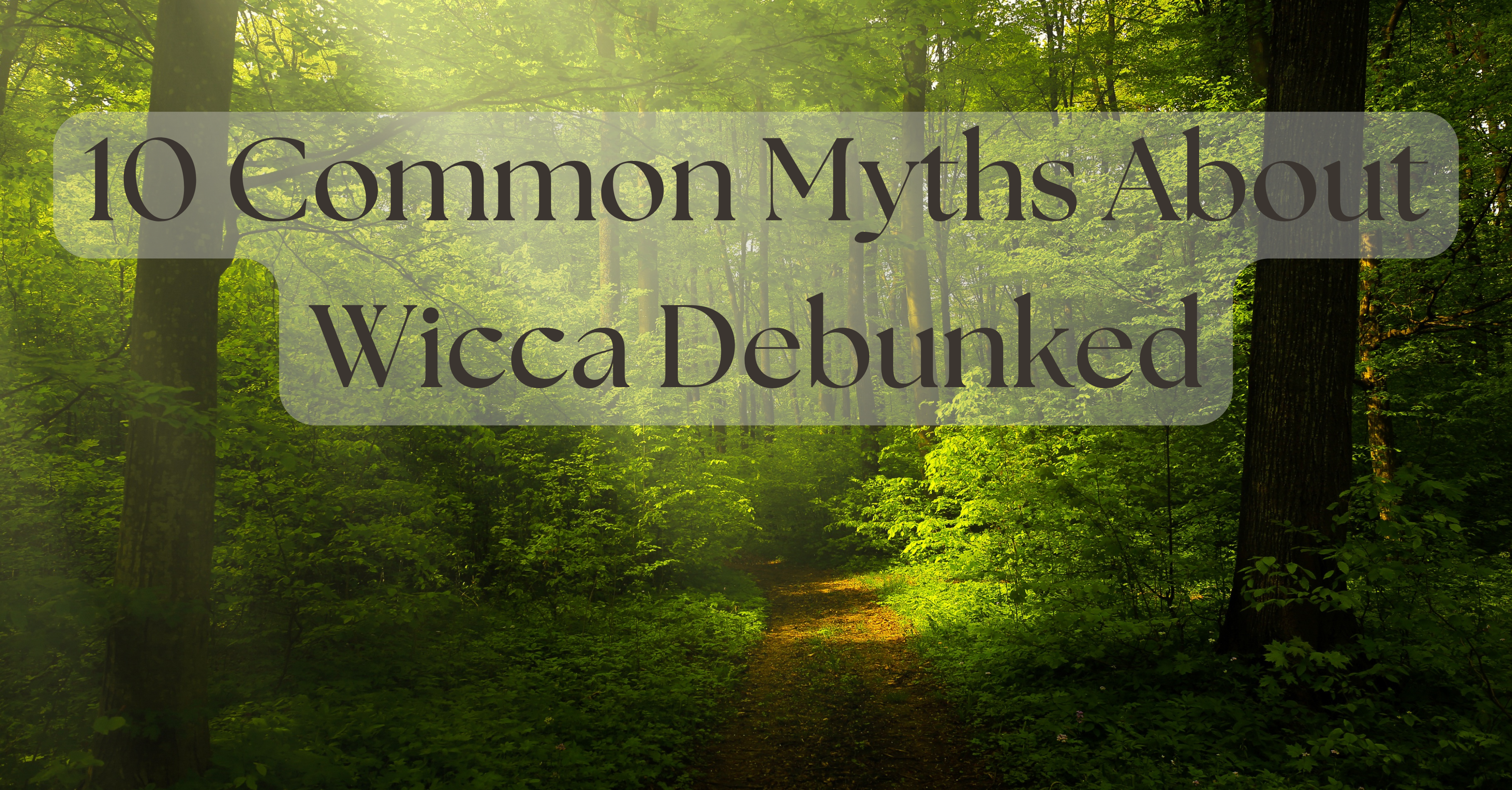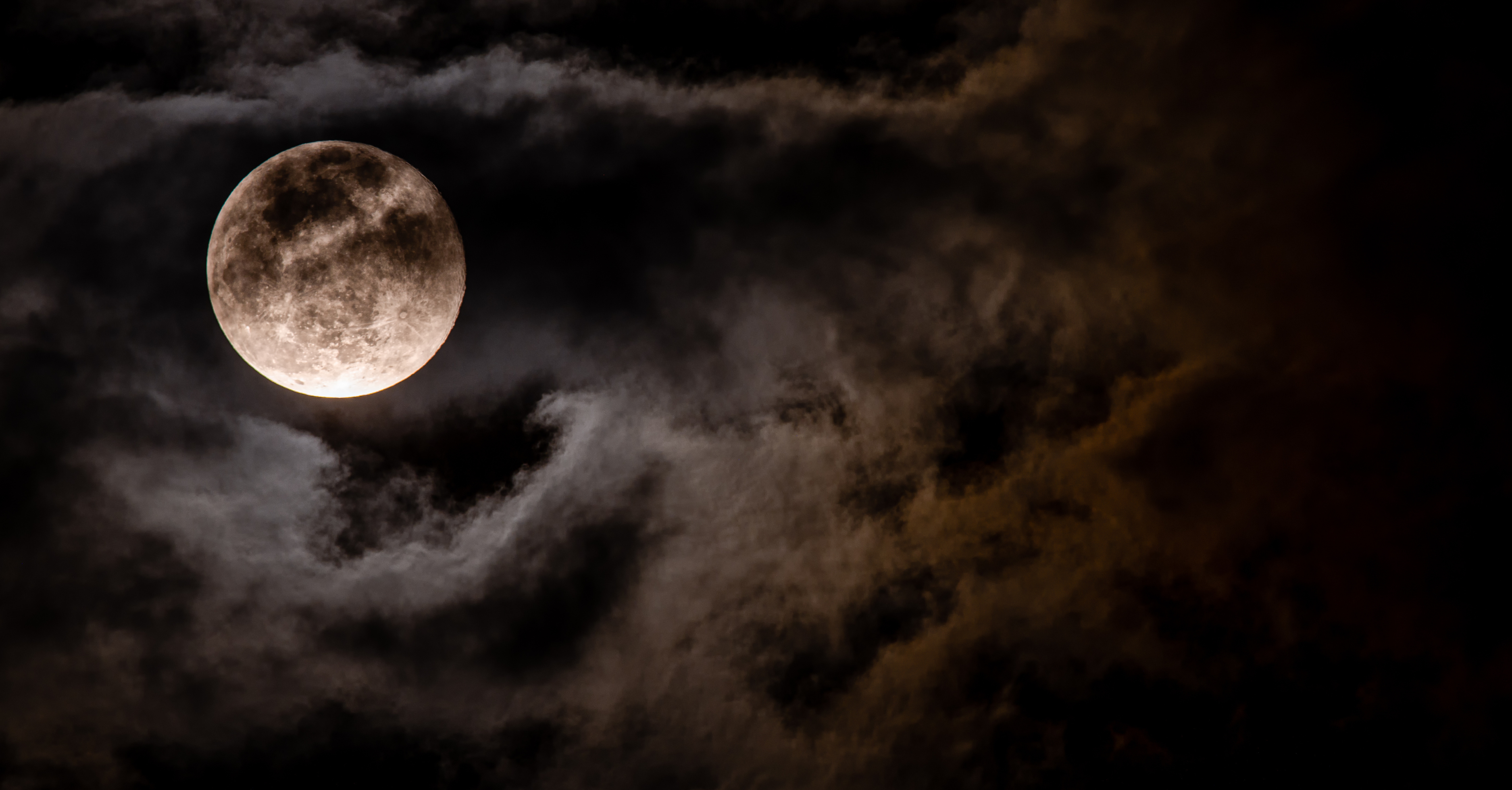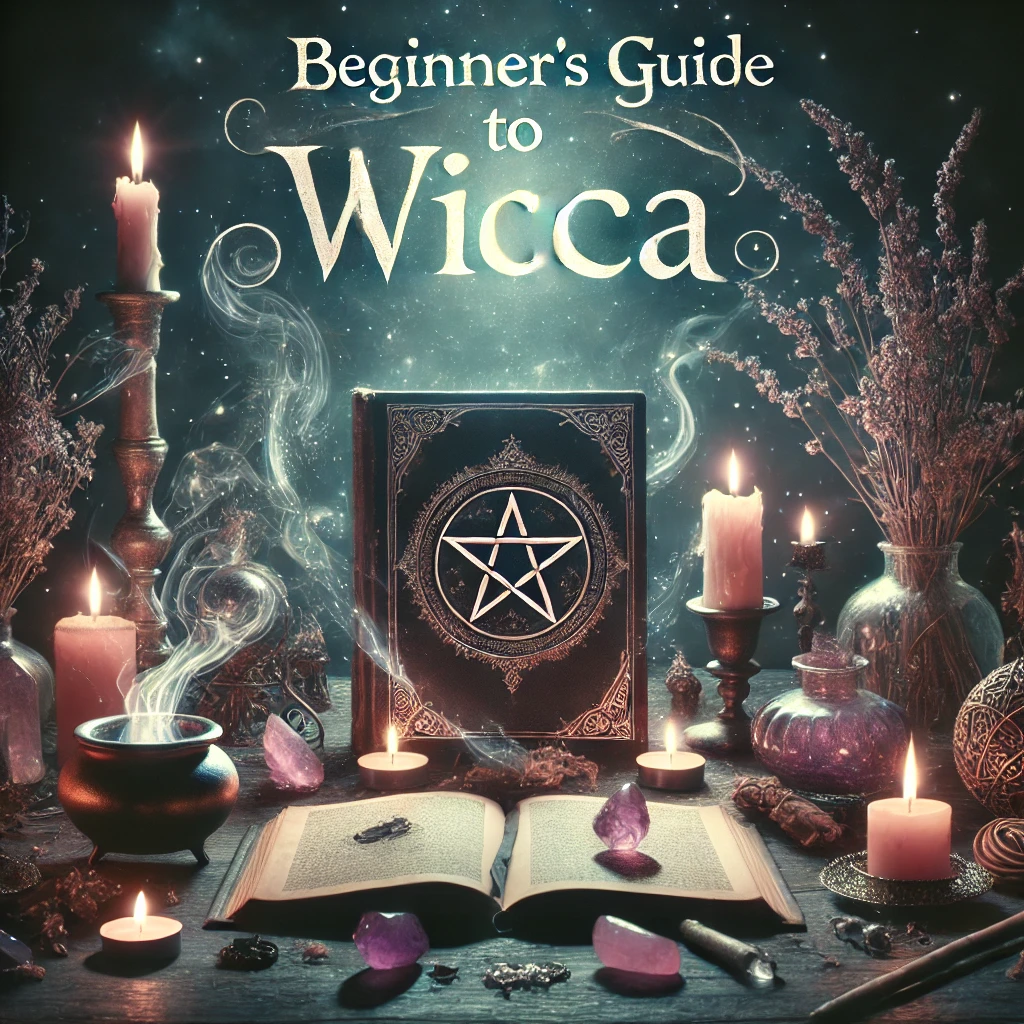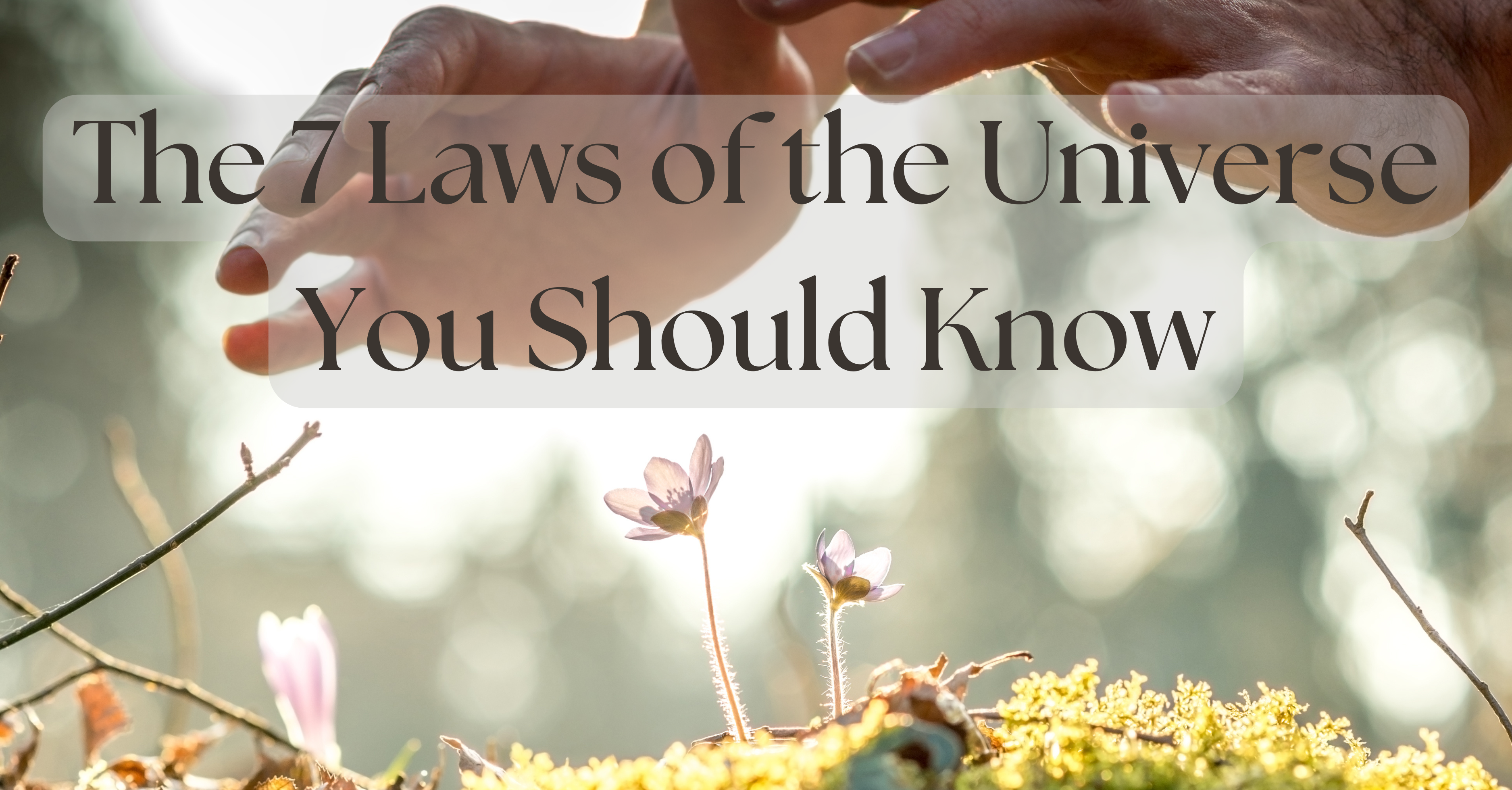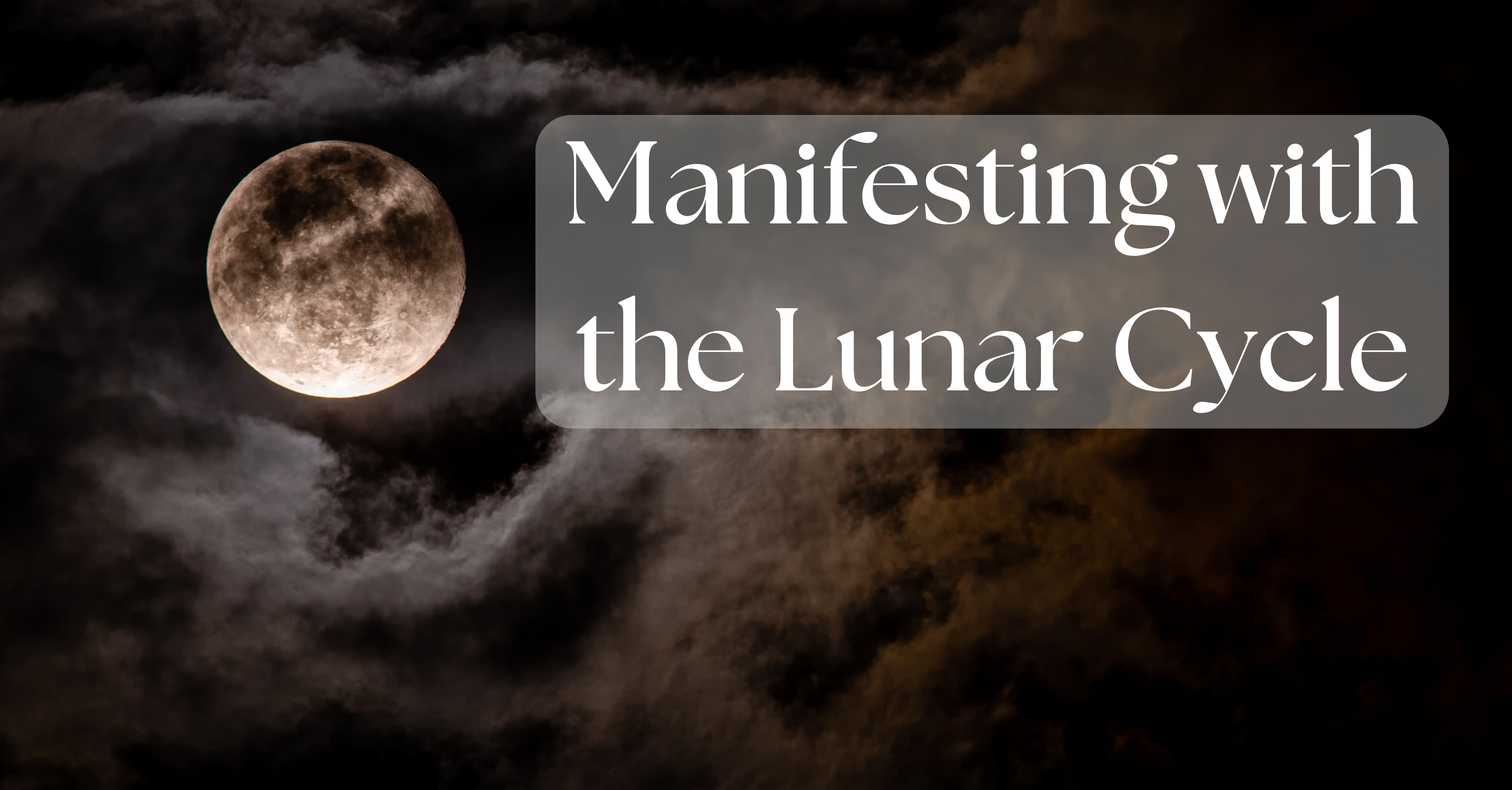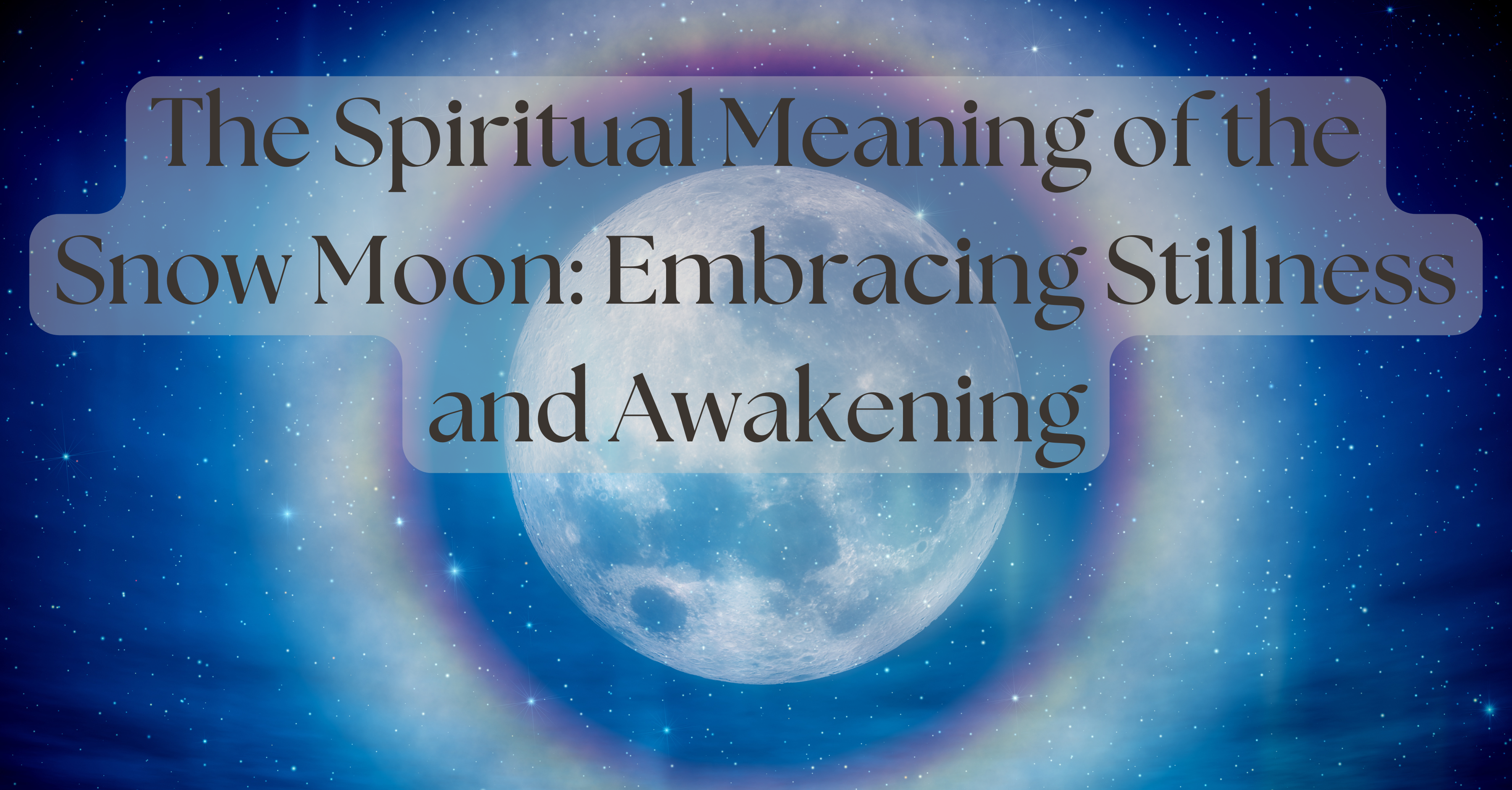Think you know Wicca? Think again. Despite its growing recognition, Wicca remains one of the most misunderstood spiritual paths, often surrounded by myths and misconceptions. From tales of devil worship to the belief that it’s all about casting spells, these misunderstandings have clouded the true nature of this modern, nature-based religion.
In this post, we’ll uncover the truth behind the ten most common myths about Wicca, shedding light on its beliefs, practices, and values. By addressing these misconceptions, we aim to foster greater understanding and respect for Wicca and its practitioners.
Whether you’re curious about Wicca or looking to clarify misunderstandings for others, this guide will help you separate fact from fiction and see Wicca for what it truly is: a path of balance, harmony, and reverence for the natural world.
Myth #1 : Wiccans Worship the Devil
One of the most persistent myths about Wicca is the idea that Wiccans worship the Devil. This couldn’t be further from the truth. In fact, the Christian concept of the Devil doesn’t exist in Wiccan belief systems. Wiccans don’t acknowledge or revere the figure of Satan because it’s tied specifically to Christian theology, not Wicca.
Wicca is a nature-based, polytheistic religion that emphasizes harmony, balance, and reverence for the Earth. Practitioners honor deities that are often connected to natural forces, such as the God and Goddess, but these deities represent life, cycles, and creation—not evil or malevolence.
This myth likely stems from historical misunderstandings and deliberate misrepresentations, particularly during the witch hunts of the past. By associating Wiccans and other Pagans with devil worship, fear and prejudice were fueled. In reality, Wicca is about cultivating positive energy, respecting all forms of life, and fostering a deep connection to the natural world.
Myth #2 : Wicca Is All About Casting Spells
It’s a common misconception that Wicca revolves entirely around casting spells. While spellwork is a part of Wiccan practice, it’s far from the whole picture.
At its core, Wicca is a spiritual path focused on personal growth, connection with nature, and honoring the cycles of the Earth. Meditation, rituals, and introspection play a significant role in Wiccan practice, as do seasonal celebrations like Sabbats, which mark the turning points of the Wheel of the Year. These elements foster a deep sense of harmony and mindfulness in daily life.
Spellwork, when practiced, is typically about setting intentions and channeling energy toward positive outcomes. It’s less about the Hollywood version of “magic” and more about focusing the mind and spirit to manifest goals. However, many Wiccans find just as much, if not more, fulfillment in practices like grounding, connecting with the elements, and building a relationship with the divine.
To reduce Wicca to spellcasting overlooks its rich philosophy and emphasis on living in alignment with natural and spiritual principles.
Myth #3 : Wicca Is the Same as Witchcraft
This misconception often causes confusion, but it’s important to understand the distinction: Wicca is a religion, while witchcraft is a practice. The two overlap for some practitioners, but they are not interchangeable terms.
Wicca is a structured, nature-based spiritual path with specific beliefs, such as reverence for the divine (often in the form of a Goddess and God), ethical principles like the Wiccan Rede, and seasonal celebrations like the Sabbats. Witchcraft, on the other hand, is a practice that involves working with energy, rituals, and tools to achieve a desired outcome—it doesn’t inherently require adherence to any particular religion.
For example, many witches identify as secular or follow entirely different spiritual traditions, such as Heathenry or folk magic. At the same time, some Wiccans may choose not to engage in witchcraft at all, focusing instead on the spiritual and philosophical aspects of their faith.
By equating Wicca and witchcraft, we oversimplify both and fail to appreciate the diversity within these communities. Understanding this distinction fosters respect for the wide range of beliefs and practices under the broader umbrella of spirituality and magic.
Myth #4 : Wiccans Are Part of a Secretive Cult
The idea that Wiccans belong to a secretive cult is a common and harmful misconception. In reality, Wicca is a recognized religion that prioritizes individual freedom and personal choice, not coercion or control.
Unlike cults, Wicca has no central authority or hierarchical structure dictating how practitioners must believe or behave. Instead, it is a deeply personal and flexible path, allowing individuals to tailor their practices to their own beliefs and experiences. Some Wiccans are part of covens—small, like-minded groups—but many practice as solitary practitioners, emphasizing independence and self-discovery.
While some practitioners may choose to keep their spirituality private due to lingering societal stigma, many Wiccans are open about their beliefs, striving to educate others and promote understanding. Far from being secretive or exclusionary, Wicca encourages connection with nature, respect for all beings, and the celebration of life’s cycles—values that are anything but cult-like.
Understanding this distinction helps break down stereotypes and fosters a greater appreciation for Wicca as a legitimate and meaningful spiritual path.
Myth #5 : Wiccans Only Worship Female Deities
A common misconception is that Wiccans exclusively worship female deities. In truth, Wicca celebrates the balance of masculine and feminine energies, often represented by the God and Goddess.
These deities are symbolic of the natural cycles of life. The Goddess embodies the nurturing, creative, and life-giving aspects of existence, while the God often represents strength, vitality, and the cycles of the sun. Together, they form a harmonious duality that reflects the interconnectedness of all things in nature.
Some Wiccans may feel a deeper connection to the Goddess, especially because Wicca has historically been a spiritual path that empowers feminine energy. However, the central theme of Wiccan spirituality is balance and unity—not exclusivity. This reverence extends beyond the God and Goddess to include the energies of the earth, the elements, and the cosmos.
By honoring both masculine and feminine energies, Wiccans embrace a worldview that values harmony, diversity, and the interconnectedness of all life. This balance is at the heart of Wiccan beliefs and rituals.
Myth #6 : Wicca Is Only for Women
While it is true that Wicca has many women believers, this doesn’t mean that only women can practice. Wicca is a deeply inclusive religion that welcomes practitioners of all genders.
Wicca celebrates balance and unity, with a belief that both feminine and masculine energies exist within everyone. Whether you’re male, female, nonbinary, or gender-fluid, Wicca’s teachings are for anyone who resonates with its principles of nature, spirituality, and personal empowerment.
In fact, there is a growing number of male and nonbinary practitioners who are embracing Wicca. Many men in Wicca connect with the archetype of the Horned God, representing strength, vitality, and protection, while others embody both the feminine and masculine aspects of the divine. Nonbinary practitioners find the flexibility in Wicca to embrace their own understanding of gender and spirituality, making it a safe space for self-expression.
It’s important to remember that Wicca, like many spiritual paths, is about individual experience and connection with the divine. There is no right or wrong way to practice, and no one should feel excluded based on gender. Wicca is a practice rooted in love, equality, and respect—values that transcend gender identity.
Myth #7 : Wiccans Practice Dark Magic
A common misconception about Wicca is that it involves dark or harmful magic. This often stems from misunderstandings about the use of magic in the religion, as well as its portrayal in popular culture. The truth is, Wiccans follow a path of ethics and responsibility when it comes to magic.
The Wiccan Rede promotes ethical behavior, summed up in “An it harm none, do what ye will.” At the core of Wicca lies the Wiccan Rede, which is a set of ethical guidelines that governs the practice of magic. The Rede is succinctly summarized in the phrase, “An it harm none, do what ye will.” This means that as long as one’s actions or magical workings do not harm others, they are free to act as they choose.
Wicca emphasizes personal responsibility, and it’s understood that every action, including the use of magic, carries consequences. Wiccans believe in the Law of Threefold Return, which holds that any energy—be it positive or negative—will return to the practitioner threefold. Because of this, most Wiccans focus on using magic for positive purposes, such as healing, personal growth, and empowerment, rather than seeking to cause harm or manipulate others.
Wiccan magic focuses on positivity, healing, and balance. Wiccan magic, known as “The Craft,” is often used to create positive change and restore balance. Many Wiccans use their magical practices for healing, both physical and emotional. Spells and rituals may focus on self-care, creating harmony in relationships, manifesting abundance, or connecting with nature. The goal is to live in balance with the world, and magic is seen as a tool to help bring about that balance, not to harm or control others.
While some branches of magic in other traditions might be associated with dark or harmful practices, Wicca focuses on light, growth, and respect for all life. The intention behind the magic is what matters most: it’s about creating positive outcomes and bringing healing and peace to oneself and the world around them.
Myth #8 : Wicca Is an Ancient, Unchanged Religion
A common misconception about Wicca is that it is an ancient, unaltered religion that has been practiced for thousands of years. While Wicca draws inspiration from ancient traditions, it is, in fact, a modern spiritual path that has evolved and developed over the past century.
Wicca is a contemporary religion that incorporates elements from pre-Christian pagan traditions, folklore, ceremonial magic, and the occult. While it honors the cycles of nature, the elements, and the divine feminine and masculine energies, its foundations are rooted in a blend of these ancient teachings rather than a direct continuation of any single ancient religion.
Wicca’s practices, rituals, and beliefs are influenced by various cultures and religions, including Celtic, Norse, and Greco-Roman traditions, as well as Western esotericism. However, the way these practices are combined and expressed in Wicca reflects the modern evolution of these spiritual systems, not a static or ancient tradition.
The modern form of Wicca was largely shaped by Gerald Gardner, a British civil servant and occultist, who is often credited with founding the religion in the mid-20th century. Gardner introduced Wicca to the public in the 1950s after being initiated into a secretive group of witches. His works, including Witchcraft Today and The Meaning of Witchcraft, helped to bring Wicca into the mainstream, and his rituals and beliefs laid the foundation for what would become the Wicca practiced today.
While Gardner drew inspiration from ancient witchcraft and folk traditions, Wicca as we know it today is a product of his innovations. Over time, other practitioners, such as Doreen Valiente, Raymond Buckland, and Starhawk, have further shaped the development of Wicca by introducing their own interpretations and practices.
Gerald Gardner’s vision of Wicca involved a balanced, dualistic understanding of the divine—represented by the God and the Goddess. While this concept draws on ancient deities from various traditions, the framework and rituals surrounding these figures were created and adapted in the mid-20th century to fit a modern understanding of spirituality and witchcraft. This means that Wicca is not a direct continuation of an ancient pagan religion, but rather a dynamic, evolving spiritual path that continues to change and adapt to the needs and beliefs of modern practitioners.
Myth #9 : You Need Expensive Tools to Be Wiccan
Many people believe that practicing Wicca requires a large collection of expensive tools, such as ornate altars, candles, crystals, and ceremonial garments. While these items can certainly enhance your practice, they are by no means essential to being a Wiccan.
Wicca encourages using what’s available and connecting with nature. At its heart, Wicca is about connecting with nature and the energies of the Earth. While certain tools, like athames, chalices, and pentacles, are often used in rituals, they are not required to practice the craft. The true essence of Wicca lies in intention, respect for the natural world, and the energy you bring to your rituals and spells—not in the cost or extravagance of the tools.
Wicca encourages practitioners to work with what is available to them, whether that’s everyday items around the house or natural objects from the outdoors. The key is to use items that resonate with your energy and help you focus your intent.
Alterntatives to Common Items
Candles: While candles are a common tool in Wiccan rituals, you don’t need to buy special ritual candles. Any candle can serve this purpose, and you can even create your own by melting down old wax and adding herbs or essential oils that correspond to your intentions.
Athame: If you don’t have an athame, a simple knife, or even a stick from the woods, can be used to symbolize the element of Air and direct energy during rituals. Many practitioners use a special knife, but this can be a deeply personal item that holds meaning for you.
Chalice: A simple glass or cup can serve as your chalice in rituals. You can use it to represent the element of Water. If you want to add a personal touch, consider decorating it with symbols or designs that resonate with you.
Altar: You don’t need an elaborate altar to practice. A simple table or even a cloth spread on the ground can serve as your altar. You can place items from nature—stones, flowers, leaves, or crystals—on it to represent the elements and deities you work with.
Crystals: While crystals are often used in Wiccan practices, they’re not essential. Instead, you can work with the natural energies of the earth. Find a stone that resonates with you, or simply work with your hands to feel the energy of the Earth beneath your feet.
Herbs: You don’t need expensive, rare herbs to work magic. Everyday herbs like lavender, sage, rosemary, and thyme have powerful properties and can be easily grown in your own garden or even in small pots on a windowsill.
Incense: If incense is part of your practice, you can make your own by blending herbs that correspond to your magical intentions. Many herbs, such as sage, rosemary, and lavender, can be burned for purification and energy work.
A Wiccan ritual could be performed using a simple cup of water to represent the element of Water, a stone found in nature as your grounding tool, and a regular candle that has been dressed with herbs for a specific intention. The power lies not in the expense of the items, but in the energy you put into your practice and your connection with the natural world. In reality, the creation of your own tools is more powerful than simply purchasing items to use.
Wicca is about intention, respect, and personal connection. Whether you use intricate tools or everyday items, the magic comes from within and from your relationship with the Earth, not from the price tag of your tools.
Myth #10 : Wiccans Are Anti-Science
There’s a common misconception that Wiccans reject science in favor of mystical or supernatural beliefs. In reality, Wicca is a spiritual path that values knowledge, personal growth, and the natural world—many Wiccans embrace scientific understanding and often incorporate it into their practices.
At the heart of Wicca is a deep respect for the Earth, and many Wiccans view scientific discoveries as tools for better understanding the world and the universe around them. Far from being anti-science, Wicca encourages curiosity and learning. Many Wiccans have a strong interest in ecology, environmentalism, and the sciences as they relate to the natural world, seeing them as complementary to their spiritual beliefs.
The emphasis in Wicca on cycles, balance, and harmony with nature aligns with scientific concepts, and many practitioners see no contradiction between science and their spirituality. In fact, understanding the natural world on a scientific level can deepen one’s connection to it in a spiritual sense.
Wiccans celebrate the cycles of the moon and the changing seasons through their Sabbats and Esbats. The eight Sabbats of the Wiccan Wheel of the Year align closely with the Earth’s seasonal cycles and solar phenomena. These celebrations honor the solstices, equinoxes, and the shifting of the seasons, which are all based on the Earth’s movements around the sun and its axial tilt—phenomena that have been studied and understood through scientific observation.
Similarly, the phases of the moon play a significant role in Wiccan practices. Wiccans often time their rituals, spells, and intentions to correspond with the lunar phases—such as new moons for new beginnings, full moons for power and completion, and waning moons for banishing or releasing. This practice is rooted in the observable cycle of the moon and its effects on the tides, which are well understood through scientific study.
Wiccans also embrace scientific knowledge about plant growth, astrology, and even herbal medicine. Many incorporate this knowledge into their practices, using it to enhance their connection to nature and make their rituals more meaningful. The idea is not to replace scientific understanding with superstition, but rather to integrate the two in a way that supports a holistic view of the world.
Conclusion
Understanding Wicca is key to breaking down stereotypes and promoting respect for diverse beliefs. Wicca, like any spiritual path, is rooted in personal growth, respect for nature, and a deep connection to the energies of the world around us. By learning more about its true practices and principles, we can dispel the misconceptions that often cloud the religion and create space for more open-mindedness and acceptance.
If you’re curious about Wicca or have found yourself questioning some of the myths surrounding it, I encourage you to explore this spiritual path with an open mind and heart. Whether through reading, speaking with practitioners, or delving into your own practices, there’s a wealth of wisdom waiting for you. Don’t let misunderstandings prevent you from discovering the truth of Wicca—it’s a journey that can lead to personal enlightenment and a deeper connection to the world.
“Wicca is a path of harmony, wisdom, and personal growth—free from the myths that so often cloud its beauty.”

